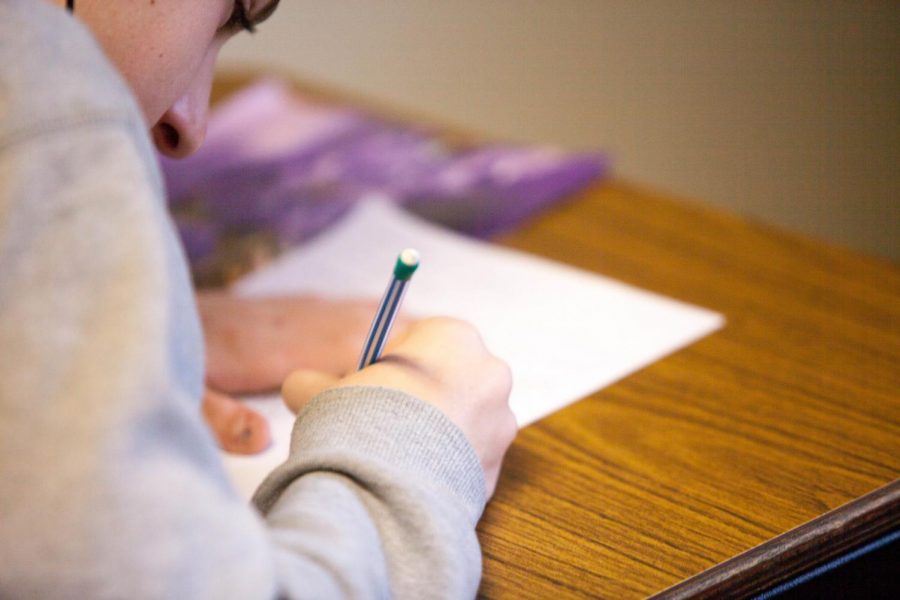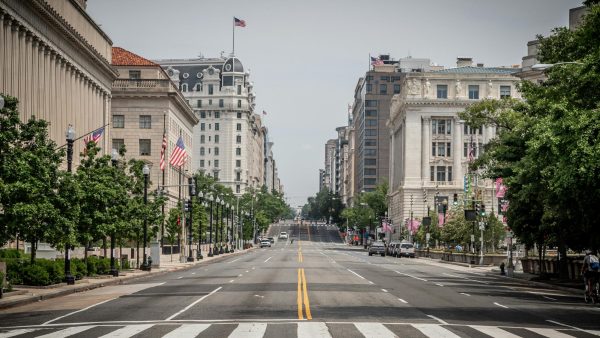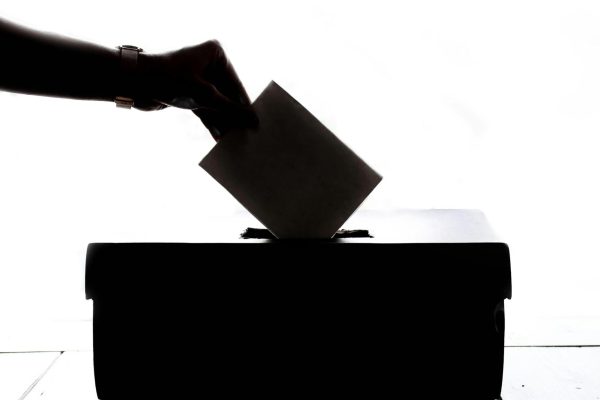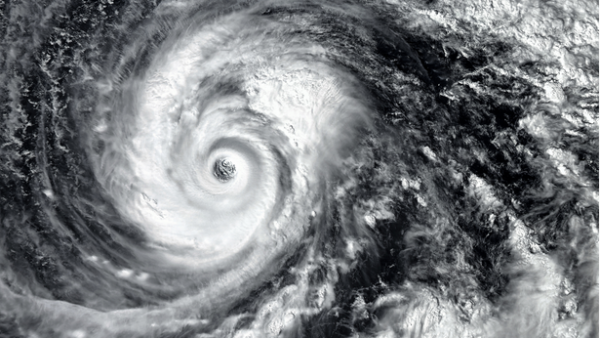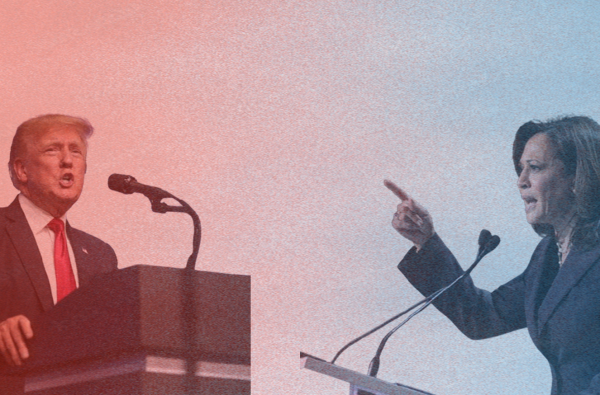COVID and college admissions
The rise in test-optional policies in response to coronavirus
A common challenge, among many others, for many high school students right now across the country is standardized testing. As seen in the spring, the College Board’s AP exams took place virtually with a completely new testing format. However, college entrance exams such as the SAT and ACT did not mirror AP exams, rather, they have other restrictions for COVD-19, making it very difficult for students to sit for these tests. As a result, many colleges and universities across the country have implemented test-optional policies.
SAT and ACT testing dates during the quarantine were canceled across the country, but as the nation has been reopening, students have been rushing to get a seat for these exams. Due to a large number of cancelations of exams in earlier months and more restrictions on the number of students there can be in a testing room for COVID-19 safety, registration websites continuously crash due to high internet traffic and testing locations are often further than they would be normally. Some students from FCPS have needed to travel to testing locations 45 minutes away from their homes. There have been cases of students around the country driving hours to other states and spending nights in hotels to get to a testing location. High school seniors are wishing for an opportunity to take these exams before college applications are due in the coming months.
Fortunately, the majority of colleges and universities have enabled test-optional policies at least for the high school graduating class of 2021 to accommodate the many students who have been unable to take the SAT or ACT. These policies, however, produce their own challenges. Some schools are asking for supplemental essays or additional application information in place of the test scores while other schools have decided not to review test scores entirely. Additionally, a genuine concern surrounding this is the unknown chances of acceptance. For students submitting test scores, it is much easier to gauge how likely it is for those students to be accepted to the school. When applying test-optional, there is a lot of uncertainty as admission decisions are focused more on qualitative aspects of the application.
For students who excel in areas outside of standardized testing, this is a great opportunity, but this could negatively impact students who perform well on standardized tests. In terms of what this may mean for the future, the impact of COVID-19 on college admissions will be unsure for the coming months, but it will certainly be interesting to see the lasting effects, especially with wide-scale test-optional opportunities, on the college application process. The coronavirus pandemic has the potential to completely reform the college admissions process as we know it.



